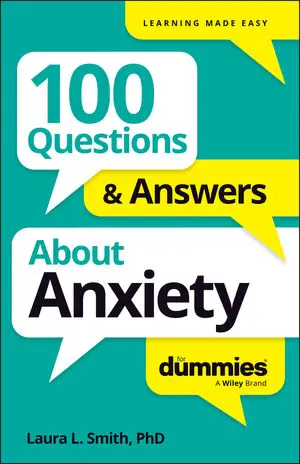The words you use to think about yourself and the world can contribute to your anxiety. When you take some time to examine your anxious thoughts, you may find that your anxiety decreases. If your mind is filled with worries and concerns, try asking yourself these questions:
How will I look at this concern six months from now?
Have I had this worry before only to discover that what I worried about never actually occurred?
What evidence truly supports or refutes my worry?
If a friend of mine had this thought, what advice would I give?
If the worst happens, could I find a way to cope with it?






